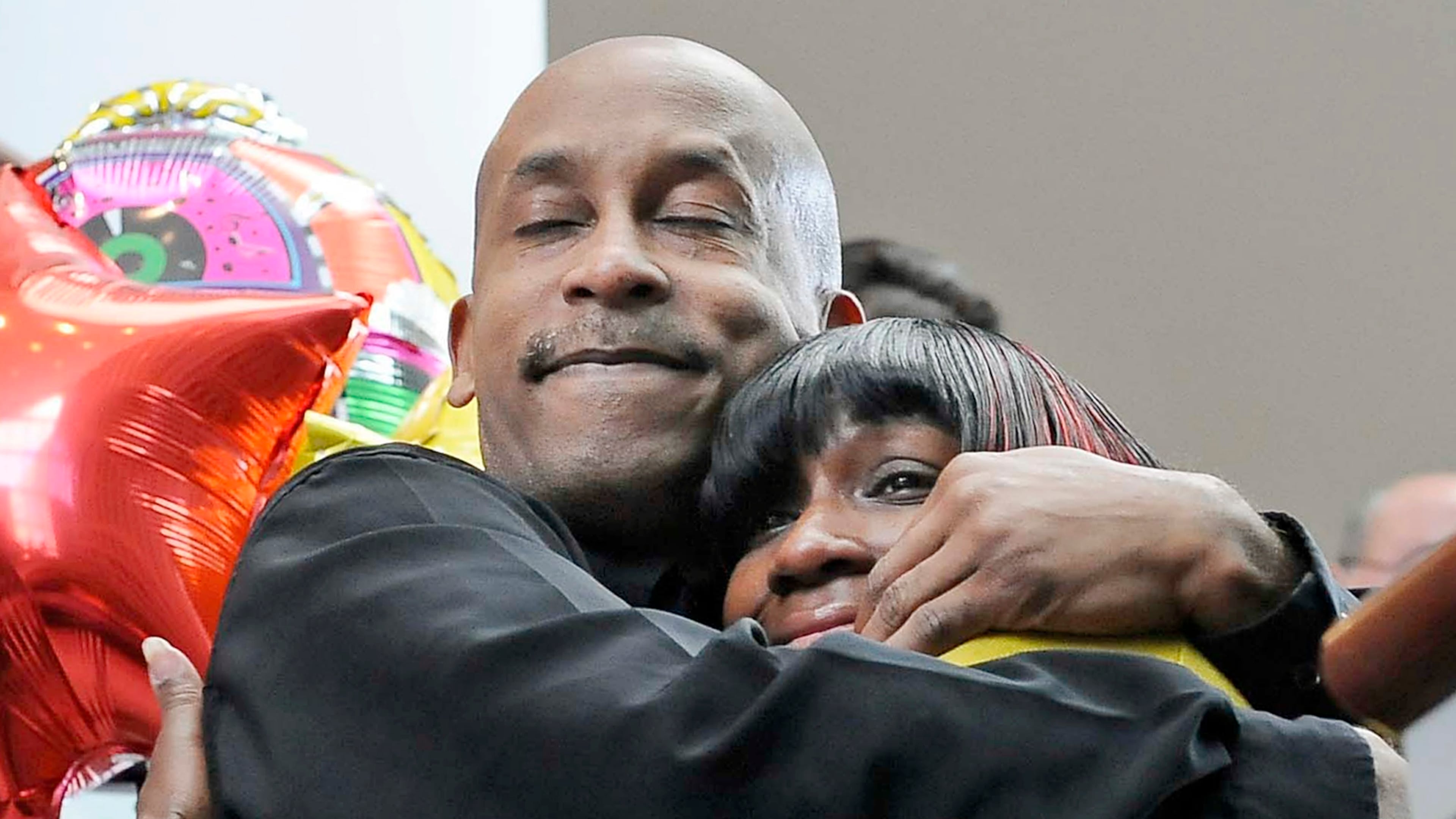Opinion: More Black bone marrow donors needed

It’s no secret the high rates of coronavirus fatalities among the Black community have brought to light health disparities that have long plagued our communities. From the prevalence of diabetes and heart disease to high rates of maternal and infant mortality claiming the lives of Black mothers and babies, systemic health disparities have manifested in ways that are literally killing the community.
There is another disparity hurting Black patients that many don’t know exists or realize they have the power to change today.
For patients battling blood cancers like leukemia or lymphoma, or over 70 life-threatening blood disorders including sickle cell, there is a cure through a blood stem cell transplant. Each of us has within our blood stem cells, the genetic code that could possibly save a life and heal someone suffering from a deadly disease.
Race and ethnicity matter in finding a matching donor for patients in need. Currently, out of 22 million potential donors on the Be The Match Registry – the world’s largest listing of potential stem cell donors operated by the National Marrow Donor Program – only 4%, or less than 1 million, are Black. Fewer Black donors makes it harder for Black patients to find a potentially life-saving cure. In fact, Black patients battling blood cancer or deadly blood disorders only have a 23% chance of finding a match, compared to a 77% chance for White patients.
Be The Match wants to change this and offer more Black patients a new chance at life. During July, which is African American Bone Marrow Awareness Month, legislators are supporting Be The Match to raise awareness of the need for more Black donors while encouraging Black people to join the registry by way of one simple cheek swab.
While a bone marrow or blood stem cell transplant is often the last line of treatment for otherwise incurable and deadly blood diseases, a legacy of mistrust towards the healthcare system is one factor that has limited Black Americans’ presence on the donor registry and the likelihood that those who are registered will go on to donate when identified as a match for a patient in need.

Myths around what the bone marrow or blood stem cell donation process looks like play a role too; and the reality is much different than depictions in Hollywood films or medical sitcoms. Eighty percent of the time, doctors ask donors to give blood stem cells through a non-surgical outpatient procedure, which resembles a plasma donation. The remaining 20 percent of the time, bone marrow donations are collected through a surgical process performed under anesthesia. There is no cost to the donor.
We have the power to save lives in our own community while closing the gap on a healthcare disparity that impacts the life expectancy of Black patients. Visit BeTheMatchATL.org to learn more.
State Sen. Nikema Williams, D-Atlanta, is chairwoman of the Democratic Party of Georgia.


